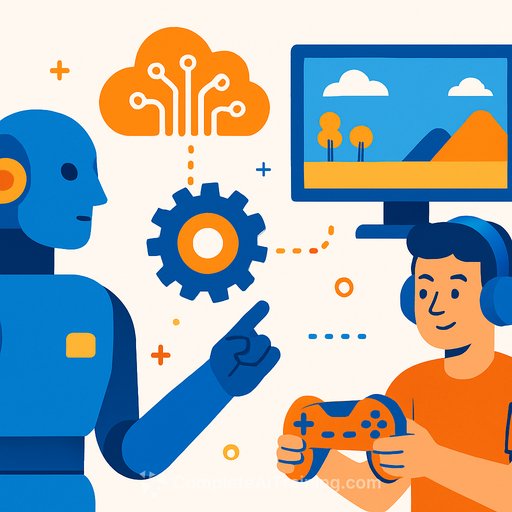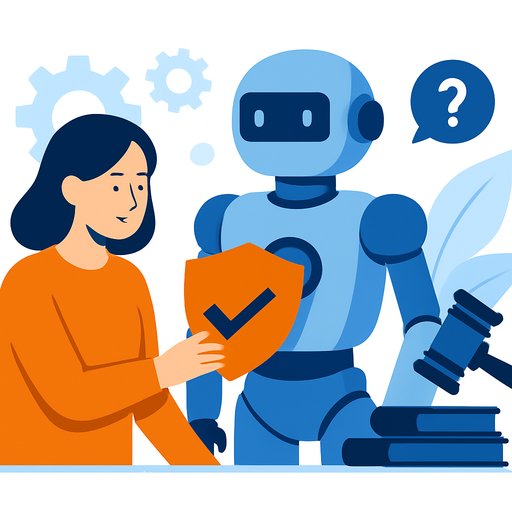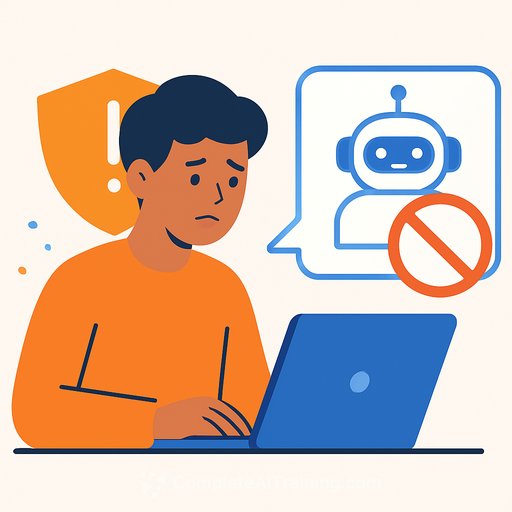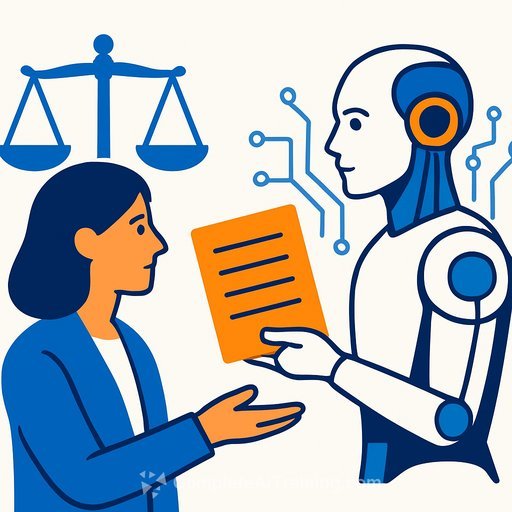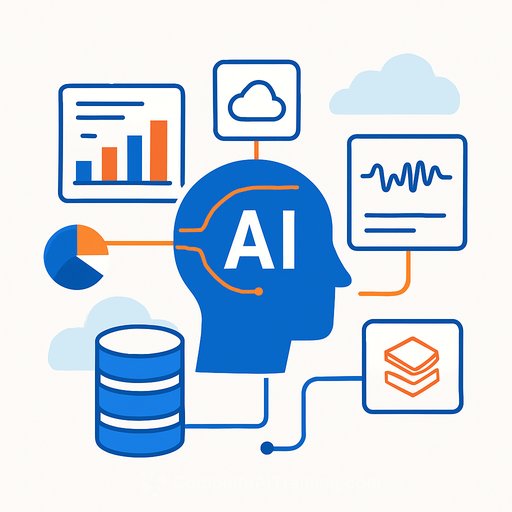AI and Video Game Development: Speed and Innovation
Artificial intelligence has been part of video game development for years, but recent advances in machine learning and generative AI are changing how games are made and played. Studios like Ubisoft and King are using AI tools to speed up production, allowing developers to focus on the creative and complex parts of game design.
The gaming industry is also experimenting with AI to create new player experiences, from smarter non-player characters (NPCs) to AI-driven game mechanics. These developments hint at a future where AI is deeply integrated into both the development process and gameplay itself.
AI-Powered Characters
One striking example of AI in gaming was an AI-powered Darth Vader in Fortnite. Unlike traditional NPCs with scripted dialogue, this AI character could respond with jokes, mock player achievements, and hold dynamic conversations. Though this was a limited-time experiment, it demonstrated how AI can bring fresh, interactive experiences to players.
Advancements in AI Within Game Development
According to the 2025 State of the Game Industry report from the Game Developer Conference, 52% of developers surveyed work at companies utilizing generative AI tools. Large studios like Ubisoft use machine learning to automate repetitive tasks and accelerate content creation, freeing artists and developers to focus on key characters and gameplay elements.
Indie developers are pushing AI even further by building games around large language models (LLMs) and other AI tech. This approach can simplify the development process, making it more accessible and flexible, but it also raises questions about cost and best practices.
Streamlining Game Production
At Ubisoft, the 3D tool FaceShifter uses AI to generate and model realistic heads for secondary characters. Normally, creating a high-resolution head takes about a week, but this AI tool provides a quick foundation for artists to build upon, saving valuable time.
King, known for "Candy Crush Saga," employs AI tools like OpenAI’s Codex CLI and Anthropic’s Claude Code to test levels and tweak design elements. With over 19,000 levels, AI acts as a "co-pilot," speeding up live updates and ongoing game improvements.
Smaller studios like Jam and Tea Studios are fully embracing AI. Their game "Retail Mage" uses large language models to create dynamic NPC interactions, with much of the development done in natural language rather than traditional coding. This approach accelerates production and broadens who can contribute to the game’s creation.
Experimenting with AI-Powered Gameplay
While AI is already improving development workflows, its role in gameplay is still being tested. Ubisoft’s projects include smarter NPC programming and AI-moderated in-game chats. Their NEO NPC project explores spontaneous dialogue using LLMs, though it remains in prototype to ensure reliability and fun.
One challenge is preventing AI from generating misleading or nonsensical responses—a common issue known as hallucination. Studios want AI features to feel purposeful and engaging, not just costly experiments.
High costs for AI software, hardware, and cloud resources also limit how many AI-native games are currently on the market, especially for smaller developers.
Responsible AI Use in Games
As AI becomes more embedded in game development, studios are taking care to use it responsibly. This includes evaluating how AI impacts the entire production process and maintaining creative roles like video game actors.
Key principles include using authorized data sources, being transparent with players and teams, and keeping humans involved in decision-making. This approach helps maintain trust and quality in AI-driven features.
AI has the potential to make games more creative and responsive to players, but the industry must keep discussing how to integrate AI ethically and effectively. Building a future where AI supports creativity and fairness requires collaboration between developers, creatives, and technologists alike.
Your membership also unlocks:

